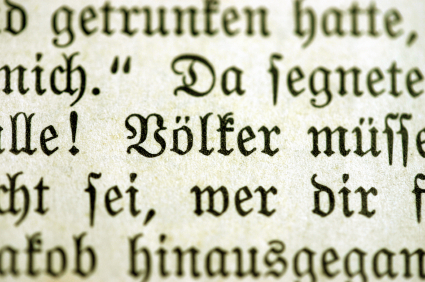FOREIGN TRANSLATION LICENSES
 Foreign rights can be an additional and lucrative source of revenue for publishers. Publishers can grant licenses for the translation and publication of their books in another language, and can also secure licenses for the translation and publication of popular books in their own language.
Foreign rights can be an additional and lucrative source of revenue for publishers. Publishers can grant licenses for the translation and publication of their books in another language, and can also secure licenses for the translation and publication of popular books in their own language.
In granting or receiving a translation license, a publisher should ask the following questions:
- Is the license exclusive or nonexclusive? In most cases, the licensee publisher will want to be the only publisher holding a license for its particular language.
- What are the territories in which the licensee publisher can sell its translation? The publisher granting the license may want to place some restrictions on the licensee publisher. For example, a U.S. publisher that licenses Spanish translation rights to a publisher in Spain may want to prohibit that publisher from selling its translation edition in the U.S., especially if the U.S. publisher plans to publish its own domestic Spanish language edition.
- What formats - hardcover, trade paperback, mass market paperback, e book, etc. - are authorized under the license? Will the licensee be able to produce or license production of any audiobooks or other products based on its translation edition?
- What is the term of the license? Is there a grace period after expiration during which the licensee can sell off any remaining inventory? Will the licensee have an option to renew the license?
- Is there a deadline by which the translation must be published? The publisher granting the license will want some assurance that the translation will be published and will generate royalties; otherwise, the publisher will want the freedom to find another licensee.
- Does the publisher granting the license have the right to license use of all of the elements in the work? Oftentimes, permissions for the use of third party materials, such as photographs or text excerpts, will apply only to publication in one language, edition or nation.
- Will the publisher granting the license provide film and other materials necessary to reprint the work? This can be critical if the work contains photographs or illustrations.
- How and when will royalties be paid? In many cases, the publisher granting the license will require a nonrefundable advance in order to insure that it will receive some compensation for granting the license. Royalties may be based on retail cover price or net receipts, and may range anywhere from 5% - 15%, depending on the work and the market for the translation. Royalties will usually be paid semiannually, within 60-90 days after the close of each accounting period. The publisher granting the license will typically require payments to be made in its own currency, and will ask for the right to conduct audits to insure the accuracy of all royalty statements.
- Can the license be terminated before the end of the term? The publisher granting the license will usually want the right to terminate if the licensee publisher fails to publish the translation by a specified deadline, fails to keep the translation in print or fails to pay royalties on time.